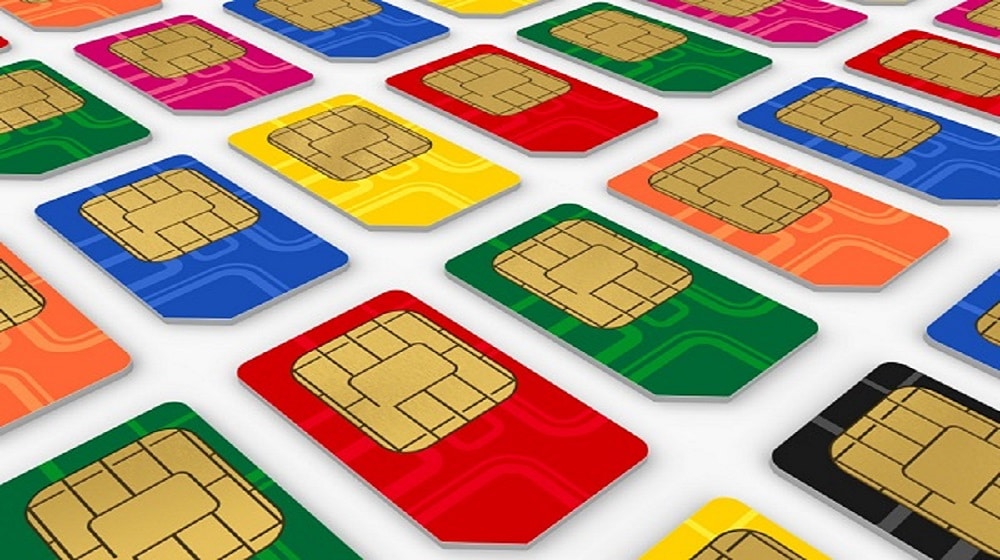Introduction: The Telco Dilemma
Telecom companies (telcos) face a growing quandary: how to address unpaid bills without undermining digital inclusion. As telcos increasingly block SIM cards of customers who default on payments, warnings emerge about the unintended consequences for marginalized communities. While recouping losses is vital for business sustainability, this practice risks excluding millions from essential digital services, raising critical questions about balancing financial health and social responsibility.
What is Digital Inclusion and Why Does It Matter?
Digital inclusion ensures equitable access to affordable technology, internet connectivity, and the skills needed to participate in a digital society. According to the International Telecommunication Union (ITU), over 2.7 billion people remain offline, often in low-income regions where mobile phones are the primary gateway to the digital world. For these populations, SIM cards are lifelines—enabling access to banking (via mobile money), healthcare (telemedicine), education (e-learning), and employment opportunities. Without connectivity, individuals face exclusion from economic and social systems, perpetuating cycles of poverty.
The Ripple Effect of Blocking SIMs
When telcos block SIMs of defaulters, the immediate impact is loss of connectivity. However, the repercussions extend far deeper:
- Economic Exclusion: In regions like Sub-Saharan Africa, where mobile money accounts for 70% of GDP in some countries, a blocked SIM can freeze access to savings, loans, and remittances. A farmer unable to pay a bill might lose access to funds needed for seeds or medical care.
- Social Marginalization: Vulnerable groups, such as daily wage workers or refugees, rely on phones for critical information and communication. Blocking SIMs disrupts access to emergency alerts, educational resources, and social safety nets.
- Psychological Impact: The stigma of disconnection can deter individuals from re-engaging with digital services, fearing repeated financial failure.
Case in Point: Lessons from Kenya and India
In Kenya, where M-Pesa revolutionized financial inclusion, telcos blocking SIMs have inadvertently locked users out of their mobile wallets—equivalent to losing a bank account. Similarly, in India, during the COVID-19 pandemic, students without active SIMs struggled to access online classes, exacerbating educational disparities. These examples underscore how punitive measures can undermine national digital inclusion goals.
Balancing Act: Solutions for Telcos and Policymakers
To reconcile financial sustainability with social equity, stakeholders can adopt hybrid strategies:
- Flexible Payment Models: Introduce grace periods, payment plans, or microloans to help users settle debts without disconnection.
- Subsidized Connectivity: Governments and telcos could partner to offer subsidized data plans for low-income households, funded via universal service levies.
- Regulatory Safeguards: Policies could mandate minimum thresholds (e.g., emergency calls remain active) or require telcos to notify users before disconnection.
- Financial Literacy Programs: Educating users on budgeting for connectivity can reduce defaults and foster responsible usage.
Conclusion: Toward Inclusive Connectivity
Blocking SIMs is a blunt tool in a complex landscape. While telcos must safeguard revenues, the cost of exclusion—measured in lost opportunities and deepened inequality—demands innovative solutions. By prioritizing collaboration over coercion, telcos, governments, and civil society can forge pathways that keep users connected while ensuring business viability. In the race toward a digital future, no one should be left offline.
